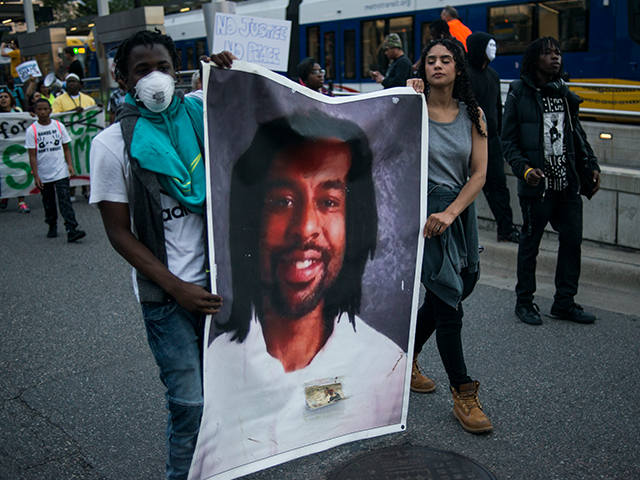When I was in elementary school I was taught that law enforcement officials were there to protect me. If I was scared, in trouble or just needed a person to lean on, the boys in blue would be there to make sure that I’m OK. They even sent out Officer Friendly to visit us in school every year. Now, the role of Officer Friendly was always played by a different guy; they all had the same rhetoric, however.
“Look both ways before crossing!” he would tell us. “And remember, just say no!”
By the time I reached middle school, Officer Friendly was replaced by blue-uniform terrorists who harassed, assaulted and tried to lock me up along with every person in my neighborhood who looked similar. That punish-poor-African-Americans mentality has not changed and probably won’t in my lifetime. Yet I’m alive and I want to live so that means I have to learn how to deal with killer cops.
Wilbert L. Cooper, a senior editor at Vice, joined an episode of “Salon Talks” to discuss police shootings, the verdict in the Philando Castile shooting case and how we as black men can’t call the cops because they are shooting us.
How easy is it to execute these people and just walk away?
You compare this situation to the [white] shooter in Charleston: You can get a guy who walks into a church executes nine people, you can take him alive. But a [black] man, who is driving in his car with his woman and a little girl has a concealed carry [weapon], announces that he has a gun — [Castile] can’t survive past 40 seconds.
What can we do to bypass these police officers and start to attack the systems and some of the traditions that allow these things to happen?
These police officers sort of reflect the will of America; they reflect the undergirding belief system of America that black life is valued as less, that black people are second-class citizens. And until we can really sort of change that core tenet of American society that’s been there since the founding of this nation, we’re going to see more shootings like this.
Catch more of our conversation on Salon about police violence and how it ultimately hurts everyone.


